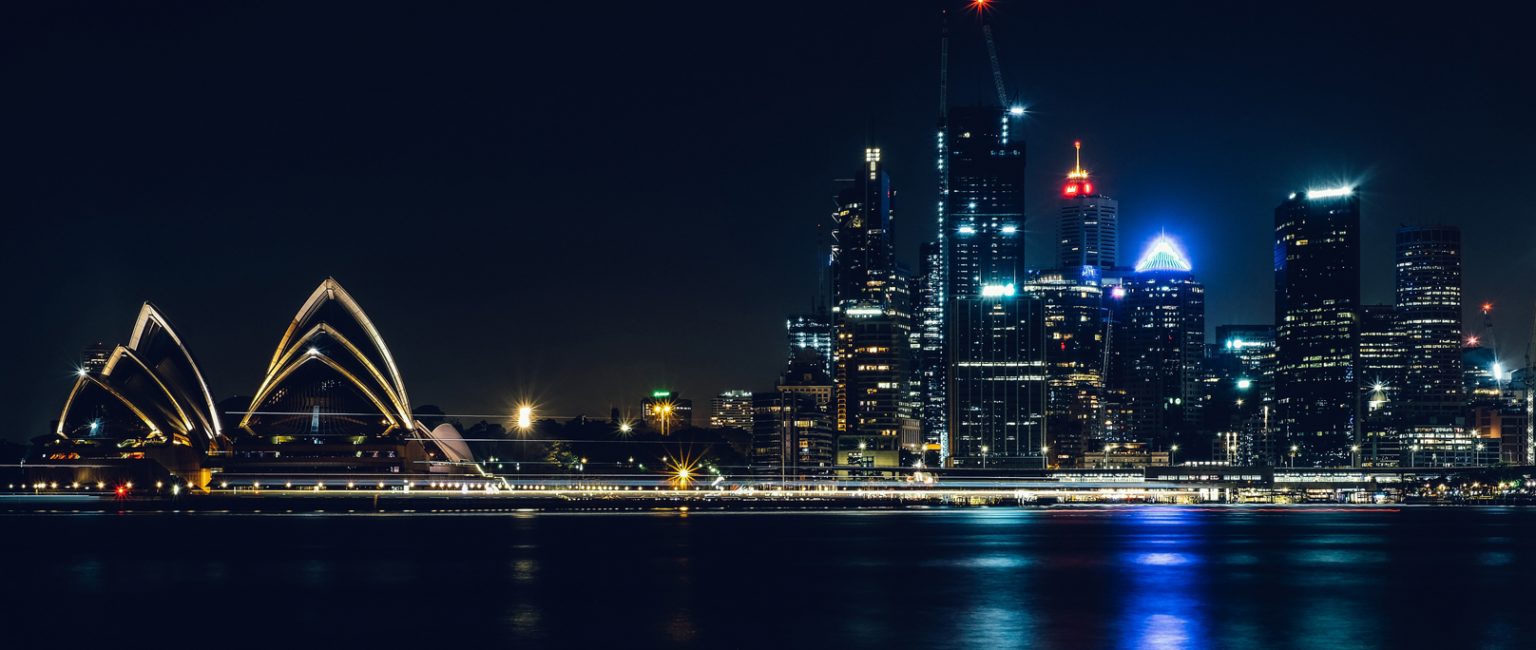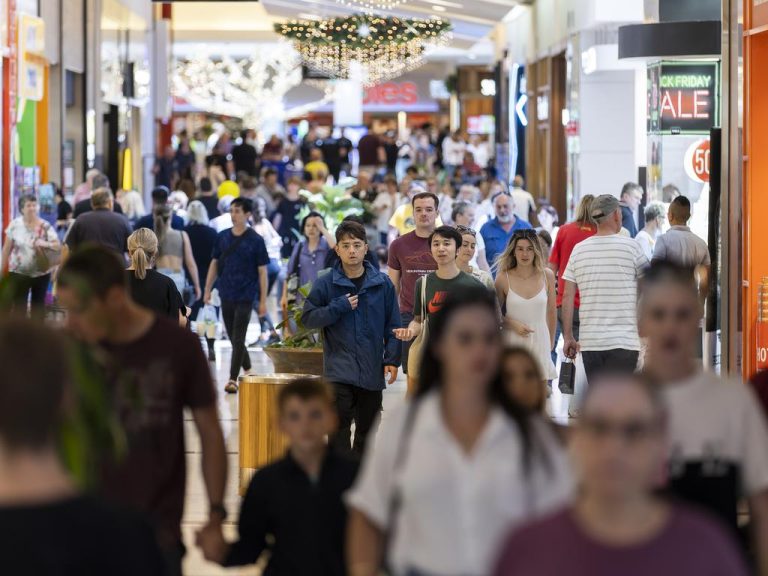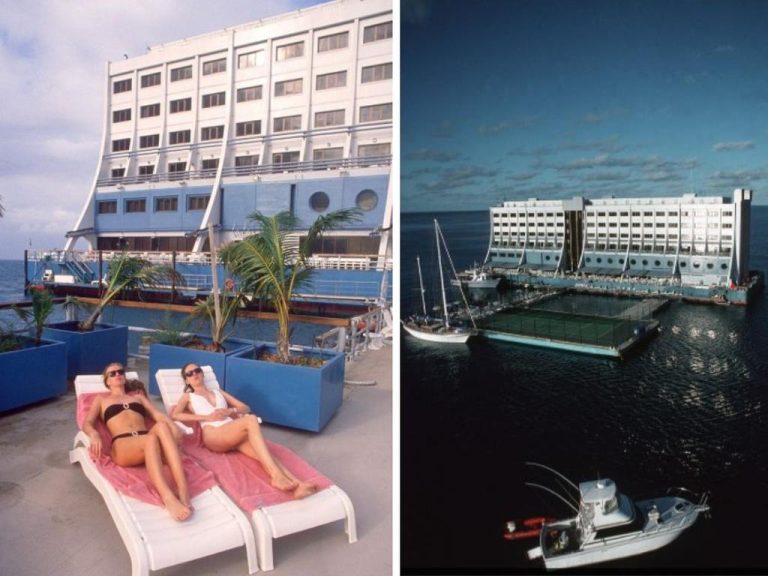24-hour Sydney trading would be a win for commercial property, say experts

Introducing 24-hour trading in Sydney’s CBD would breathe new life into the city’s business precinct and consequently have a positive impact on commercial property values, industry insiders say.
The reform is one of many changes the City of Sydney is considering making to its late-night planning controls, after thousands of residents, businesses and visitors told the local government authority that they wanted it to do more to support the city’s nighttime economy.
Commercial Insights: Subscribe to receive the latest news and updates
“More than 10,000 people told us they want Sydney to have a diverse and exciting night-time economy with events and activities for people of all ages and interests. What they don’t want is a city that is unsafe or that shuts down as soon as the sun goes down,” said Lord Mayor Clover Moore.
“The changes we proposed in response to this feedback strike a balance between supporting well-managed venues to continue to trade and thrive, and managing any impacts they may have on local neighbourhoods.”
In addition to introducing a 24-hour trading zone that would stretch from Darling Harbour to Hyde Park and Central Station, the new rules would allow low-impact businesses along village main streets such as Crown Street, Redfern Street, Union Street and Glebe Point Road to extend their closing time from midnight to 2am, and establish new late-night trading areas in Barangaroo, the Green Square town centre, Walsh Bay, Waterloo’s Danks Street, and the area surrounding Zetland’s East Village shopping centre.

Sydney’s ailing nighttime economy has long been a controversial issue. Picture: Getty
Bookshops, gyms, clothes stores, music venues, and the suburb of Alexandria would be the other main beneficiaries of the reforms if Council approves them on 13 May. Under the new rules, unlicensed venues would be permitted to trade for 24 hours a day in the CBD and until 2am on village high streets; music venues holding live performances could stay open for an additional hour; and Alexandria would receive a new cultural precinct.
REA Group chief economist Nerida Conisbee said the changes would lead to greater foot traffic and higher commercial property values as a result.
“More people means retail trade does better, which supports the value of shopping centres and retail strips,” she said.
“Office precincts also do better if there is an active retail precinct.
“This is partly because it creates greater amenity to office workers, but also because, if there is more activity at night, it makes it safer for workers who are leaving late.”
National director of Investment Services at Colliers International Miron Solomons agreed that the reforms would lead to a “hive of activity” and consequently have a positive impact on commercial property values in areas affected by the changes, but warned that they weren’t enough in themselves to see a return to the vibrant nightlife reminiscent of pre-lockout-law Sydney – at least not in the immediate future.
“There’s been a lot of water under the bridge since the first lockout laws were introduced. A lot of the ecosystem built around the nighttime economy has been destroyed – not only the jobs, but the venues and the infrastructure,” he said.
“Night clubs in basements and on the first floor of buildings have found alternative uses, for example, and it’s very hard to just flick the switch and go back there – you need to build the infrastructure again.”
The City of Sydney’s renewed focus on making changes to its controversial late-night planning controls comes just months after a Deloitte study found that the city’s underdeveloped nightlife meant that its economy was losing out on roughly $16 billion a year.
Called ImagineSydney: Play, the report said that the city’s controversial lockout laws were only partly to blame for the Harbour City’s ailing nightlife.
“It’s reductive to think of Sydney’s night-time economy as simply pubs and clubs, or the lack of them,” the report said.
“A vibrant night-time economy creates a range of opportunities for providers and users – from 24-hour gyms and supermarkets to late-night art galleries, to extended shopping and transport choices.”







